Securing our food, through effective organic farming
Join us as we deliver the transition from conventional farming to naturally healthy and resilient farming systems that provide enough food for everyone!
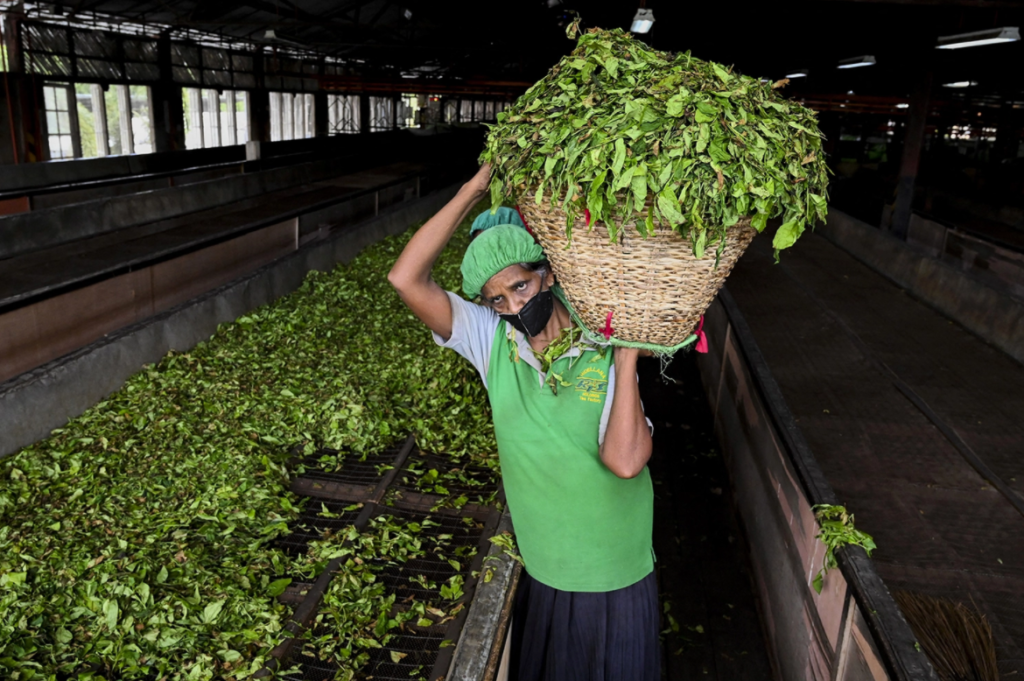
Get Your Quick Start Guide to effective organic Farming
New to organic farming? Get your start with a free ebook based on research and best practices from other farmers.
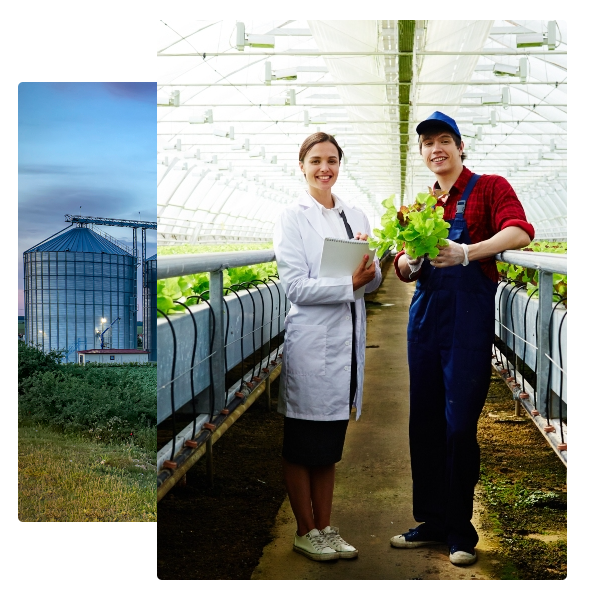
About Us
Advancing organic agriculture through scientific research
Through practical education and research, we can change the future of food and farming in Sri Lanka.
By Addressing past failures, we aim to create a more resilient and sustainable agricultural system that values healthy environments and healthy people. But most importantly provide enough food for everyone, every family
Our Approach
- Practical application
- Farming communities
- Rigorous independent research
Dive into our research
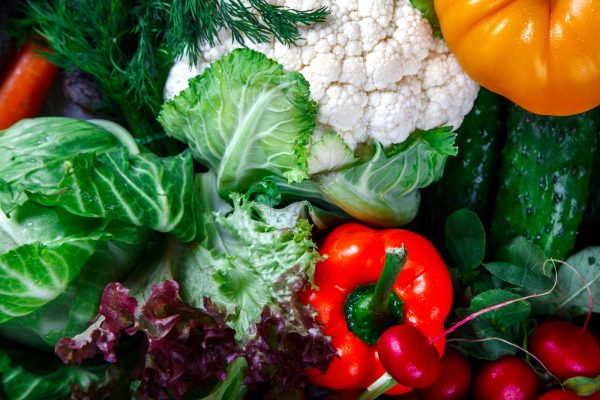
Why Organic Farming?
Lorem ipsum dolor sit amet, consectetur adipiscing elit. Morbi volutpat justo sed efficitur cursus. Mauris fringilla quam vitae lacinia.
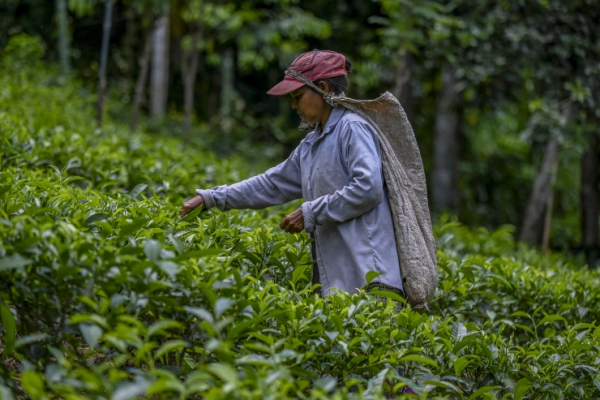
Will there be enough food for everyone?
Lorem ipsum dolor sit amet, consectetur adipiscing elit. Morbi volutpat justo sed efficitur cursus. Mauris fringilla quam vitae lacinia.
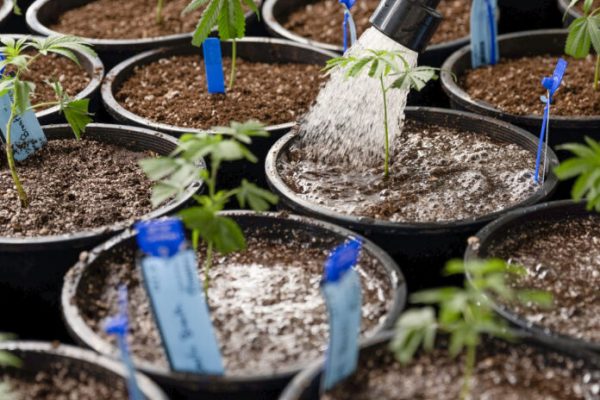
Different methods to organic Farming
Lorem ipsum dolor sit amet, consectetur adipiscing elit. Morbi volutpat justo sed efficitur cursus. Mauris fringilla quam vitae lacinia.
Addressing a Failed nationwide experiment
the shift was too sudden for farmers who didn’t know how to work organically, said Nishan de Mel, director of Verité Research, a Colombo-based analysis firm
Can Organic Farming Work for Sri Lanka?
Faced with a deepening economic and humanitarian crisis, Sri Lanka called off an ill-conceived national experiment in organic agriculture this winter.
Sri Lankan President Gotabaya Rajapaksa promised in his 2019 election campaign to transition the country’s farmers to organic agriculture over a period of 10 years. Last April, Rajapaksa’s government made good on that promise, imposing a nationwide ban on the importation and use of synthetic fertilizers and pesticides and ordering the country’s 2 million farmers to go organic.
Success Stories
"sisters in Zambia fend off hunger with organic farming"
CHILANGA, ZAMBIA — Under the scorching sun on the outskirts of this town located 15 miles south of the capital, Lusaka, a group of religious sisters has slowly been practicing organic farming amid a biting drought that has affected millions of residents and their livestock countrywide.
They are determined to find solutions to severe drought that has affected the southern African nation over the past few years, resulting in crops failing and livestock losing their grazing grounds.
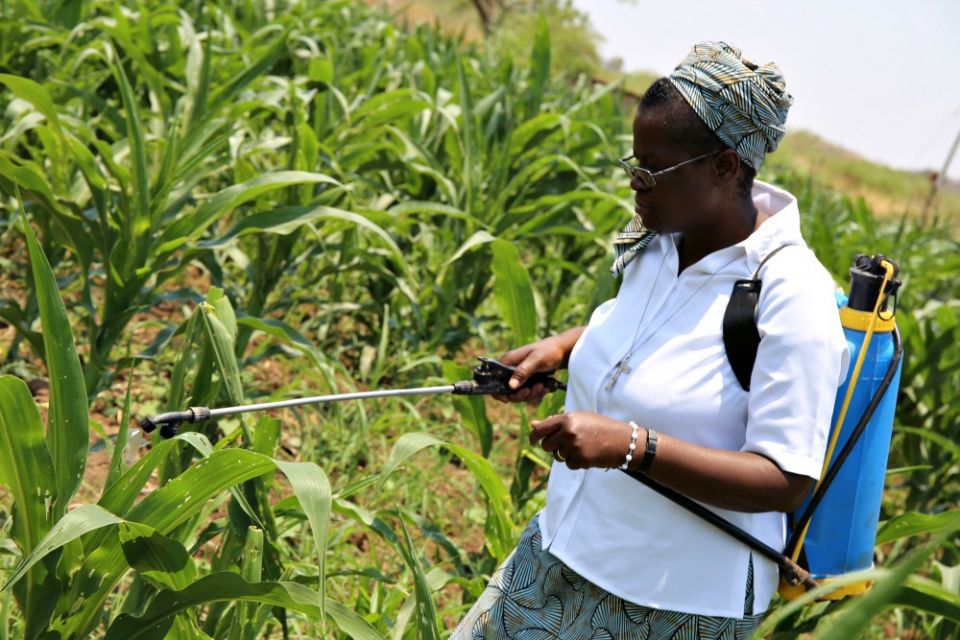
Transforming our future
Hear from other farmers



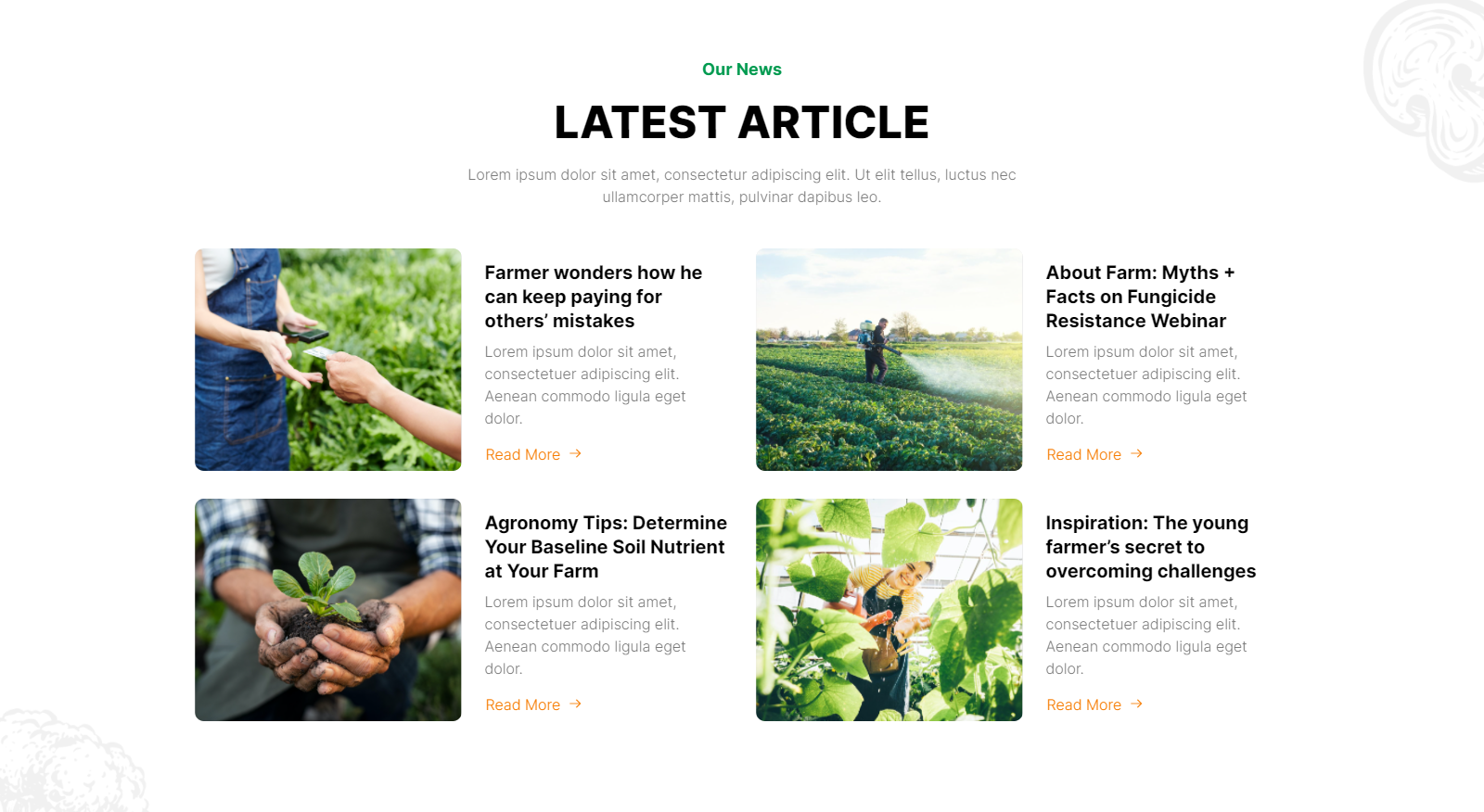
Frequently Asked Questions About Organic Farming
Organic farming is agriculture that makes healthy food, healthy soils, healthy plants, and healthy environments a priority, along with crop productivity. Organic farmers use biological fertilizer inputs and management practices such as cover cropping and crop rotation to improve soil quality and build organic soil matter. By increasing the amount of organic matter in the soil, organic farmers enhance the soil’s ability to absorb water, reducing the impacts of drought and flooding. Improving soil organic matter also helps it to absorb and store carbon and other nutrients need to grow healthy crops, which, in turn, are better able to resist insects and diseases.
Organic production systems do not use genetically modified (GM) seed, synthetic pesticides or fertilizers. Some of the essential characteristics of organic systems include design and implementation of an organic system plan that describes the practices used in producing crops and livestock products; a detailed recordkeeping system that tracks all products from the field to point of sale; and maintenance of buffer zones to prevent inadvertent contamination by synthetic farm chemicals from adjacent conventional fields.
Organic farms use production practices with environmental benefits such as water management practices, no-till or minimum tillage, habitat maintenance for beneficial insects and vertebrates, and biological pest control. These ecologically protective practices contribute to enhanced ecosystem services and benefit water quality, soil health, and biodiversity.
Conventional farming typically uses minimal crop rotations, growing the same single crop year after year on the same land. This practice, known as mono cropping causes the depletion of nutrients and minerals. In order to continue growing crops in this depleted soil, nutrients and minerals must be added back in the form of hydrocarbon based fertilizers and mined minerals such as phosphate. Conventional GM farming is dependent on earth-based non-renewable resources. Monocultures and the resulting poor health open the way for infestations of insects, diseases and weeds. Healthy bio-diverse soil keeps these infestations in check. The lack of biodiversity requires synthetic pesticides and herbicides to be used, further destroying the national soil biology.
Healthy soils form the foundation of organic production. Healthy soils have good structure (tilth), which allows them to absorb and hold moisture, drain well, maintain adequate aeration, and foster deep, healthy crop root systems. Such soils sustain crops through dry spells, require less irrigation water, and undergo less ponding, runoff, and erosion during heavy rains.
The Natural Resources Conservation Service (NRCS) has identified four guiding principles that support healthy soils: 1) minimize disturbance, 2) maximize biodiversity, 3) keep soil covered, and 4) maintain living roots. These principles provide the foundation for a resilient farm system.
The USDA National Organic Standards require certified producers to implement crop rotation, cover cropping, tillage, nutrient management, and other practices that improve and maintain the physical, chemical, and biological condition of the soil.
Sub heading
Primis necessitatibus vis in, quo ei habeo tollit prodesset, no zril delicatissimi vel. Sed nostro molestiae eu.
Sub heading
- Altera deseruisse
- Per autem iracundia
- Utamur iudicabit vix
